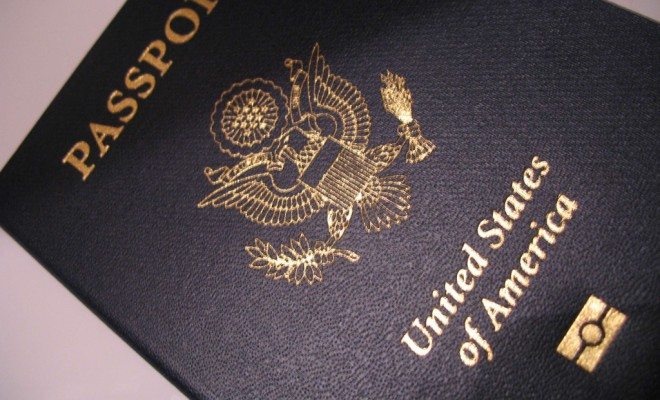 Image courtesy of [Rakka via Flickr]
Image courtesy of [Rakka via Flickr]
Crime
Minnesota Native Charged with Committing Sexual Abuse While Overseas
Winona, Minnesota native Thomas R. Page was charged last Tuesday in the U.S. District Court in St. Paul with illicit sexual conduct while overseas. For the past 25 years, Page has been a teacher in Cameroon, the Democratic Republic of the Congo, Burkina Faso, Mali, Sudan and Togo. Homeland security started investigating Page in June 2012 in Togo, and discovered that he had assaulted young men while teaching in these countries.
According to the charging document, Page admitted to sexually assaulting two boys while in Cameroon during a 2012 interview with U.S. investigators. In the report, Page described knowing children from the beach and some would visit his house, often staying overnight. He added that he would swim with the children and have them sit on his lap. He also mentioned that he gave the children money, buying them food and paying for school as well. When authorities questioned Page about charges against him in Cameroon, he admitted to having oral sex with two boys and giving money to the boys’ family.
Often cases of sexual assault involving Americans abroad are talked about in the context of a consistent stereotype: a do-gooder or academic Western woman goes to a developing country and is tragically targeted and taken advantage of by a resident of that country, like the case of the American raped in India in 2013. While cases like these are a reality and deserve mass media coverage to spark important conversations, there are many other rape and sexual assault cases that occur abroad that are of equal importance in which the Western party is not the victim. Cases like Page’s are rarely covered in the media, although it is a significant issue in developing countries. Just a couple years ago, an American teacher was arrested in Japan, admitting to similar inappropriate relationships as Page. The nature of the relationship between Western volunteer teachers and their pupils can cause inappropriate situations like this to happen. The pupils often idolize their teachers and are mesmerized by their appearance, knowledge and kindness. Because of this dynamic and the lack of conversations in certain parts of the world about sexual assault in schools, it becomes easy for some predators to find victims.
Protection and education are the keys to remedying issues of sexual assault of children by these volunteer teachers. Educational philanthropic programs that send people abroad need to do just as extensive background checks and interview processes as they would for those applying to be teachers within this country. On the other end, rural schools abroad should be hesitant in accepting foreign teachers, and communicate to children what sexual assault is and means. Necessary action should be taken on both sides of this issue to protect children in developing countries around the world–Page’s case is just one of many.








Comments